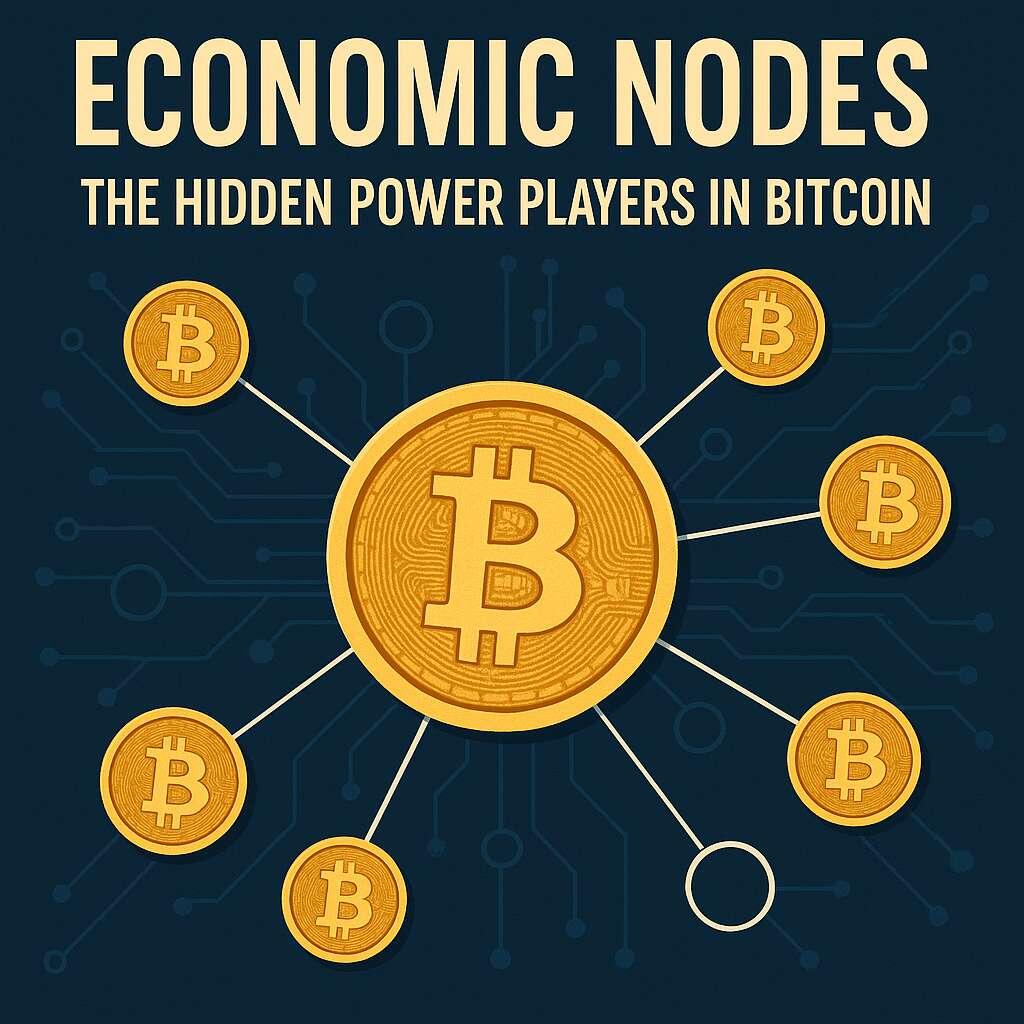Today I stumbled on a topic that not many are talking about: economic nodes in #Bitcoin.
Let me break down what I’ve learned 👇
~~~~~~~~~~~~
There’s been some discussion lately around the term “economic node”, but what does it really mean, and why does it matter?
In #Bitcoin, not all nodes have the same economic impact. While every node enforces the rules and validates blocks, an economic node also facilitates real-world economic activity: exchanges, major wallets, payment processors, or merchants accepting Bitcoin.
These nodes carry more practical influence because:
They set standards for which transactions and blocks they accept.
Their users depend on them, so their decisions shape adoption and usage.
They can resist consensus changes by rejecting invalid blocks.
⚡ The Good:
Reflects real-world influence without altering the protocol.
Encourages responsible, engaged participation in the network.
Can help defend Bitcoin against harmful forks or rule changes.
⚠️ The Risks:
Could lead to centralization of influence if too few players dominate.
Might shift community values toward economic power instead of node sovereignty.
Could be weaponized politically, undermining Bitcoin’s decentralized ethos.
So, what is the point about all of this?
Economic nodes matter, but they should act as guardians, not rulers.
Every user still has the right (and power) to run a validating node.
True decentralization comes from many sovereign users, not just a few influential ones.
Any thoughts?
#Bitcoin #Decentralization #RunYourNode #Nostr
